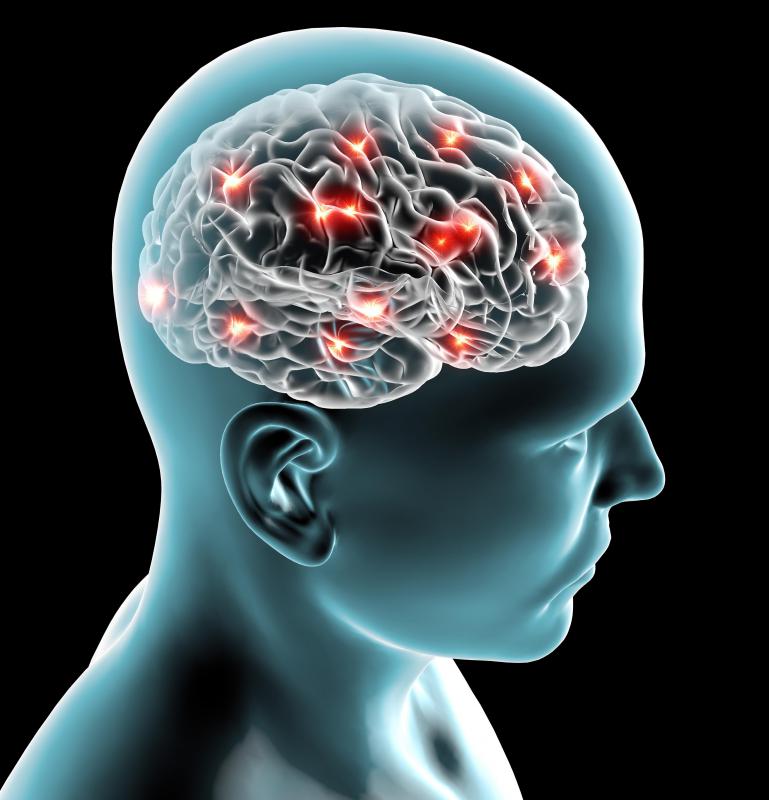At TheHealthBoard, we're committed to delivering accurate, trustworthy information. Our expert-authored content is rigorously fact-checked and sourced from credible authorities. Discover how we uphold the highest standards in providing you with reliable knowledge.
What is Dysphasia?
Dysphasia is a language disorder characterized by difficulty speaking and/or difficulty comprehending spoken speech. Individuals with dysphasia may not be able to speak in coherent sentences, may struggle for the right words to use, may insert words which do not make sense into their sentences, or may have difficulty understanding someone else's spoken speech. For patients, dysphasia can be extremely frustrating, as the ability to communicate is limited by the patient's language difficulties. This condition can also be frustrating for caregivers and family members, especially if the patient has trouble understanding and following directions.
Some people prefer the term “aphasia” for speech disorders which involve loss of speech. Others may use “dysphasia” to refer primarily to mild forms of aphasia. Whichever term one uses, the condition is caused by damage to the brain, and is a form of acquired language disorder. Damage can be the result of trauma to the brain or the result of a degenerative neurological disease. Some reasons for someone to develop the disorder include: a traumatic brain injury resulting from a car accident, Alzheimer's, dementia, stroke, epilepsy, and Parkinson's disease.

In fact, dysphasic symptoms can be a warning sign that someone have experienced trauma to the brain which needs to be treated by a doctor. Stroke victims, for example, may start to have difficulty speaking before other symptoms appear, uttering nonsense sentences, inserting words into sentences, or making up words. Signs of the disorder after an accident such as a fall from a bike or a blow to the head while playing sports are an indicator that a trip to the doctor is in order, preferably immediately.

Aphasia and dysphasia are divided into a number of different types, depending on the symptoms. Different areas of the brain can be be involved, causing a variety of problems. In some cases, it may be possible to help the patient recover from this disorder with speech therapy and treatment of the underlying cause of the language disorder. In other cases, as with degenerative brain diseases, the language difficulties will grow progressively worse.

When interacting with someone who has dysphasia, people should be aware that sometimes the patient knows exactly what he or she wants to say, and can clearly hear the words of the correct sentence in her or his mind. When word salad emerges, the patient may be as surprised as everyone else is, and some patients may not actually realize that what they are saying is not making sense. As one might imagine, this can be extremely frustrating, and it can lead to depression and behavioral problems as the patient struggles with the inability to communicate.
AS FEATURED ON:
AS FEATURED ON:














Discuss this Article
Post your comments